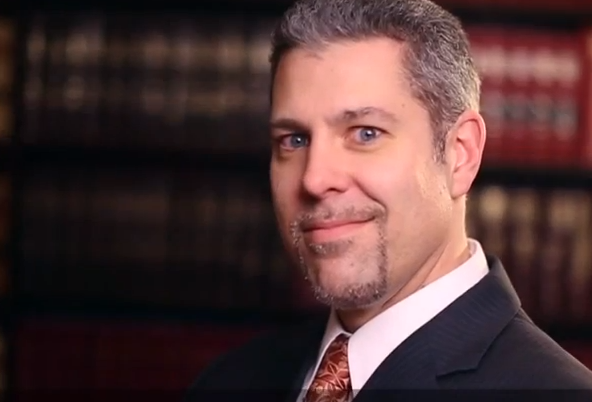If you’ve been convicted of a crime, and you’ve served the time in jail or performed community service as sentenced by a judge, and you’ve paid all your court fees and fines, your debt to society is considered repaid. But in the eyes of society, your criminal record may be following you long after your sentence is completed. Many people, after arrests or criminal convictions, find that they have trouble getting hired, or keeping a current job, or even maintaining friendships, club memberships, and family relationships, even if they’ve done everything the court has asked of them.
Finding Employment
In today’s struggling economy, many people have trouble finding steady work, and having a criminal conviction in your background doesn’t help matters. It is fairly common for an employer to run a background check on any applicants for an open position, and this includes a check for criminal records. Any charges, even minor ones, or ones that occurred several years ago, can show up in this search, and automatically eliminate you as a candidate, no matter how qualified you are or how exemplary your record has been since.
Even if your charges were dropped, or you were found not guilty, the results of your arrest may show up on a background check. To a potential employer, any criminal activity, even these instances, could indicate a high-risk employee, and an employer may decide to pass on you as an applicant. This adds stress to an already high-stress task of finding a job in today’s tough market.
What Can You Do to Prevent a Criminal Record from Keeping You Unemployed?
It’s impossible to know ahead of time whether your criminal record will keep you from getting the job you want—but research suggests that most employers in the country use a person’s background history as part of the hiring process. Depending on your criminal record, there are steps you can take to ensure that your record doesn’t affect your employment in the future.
In New Jersey, the expungement process helps persons with criminal charges and convictions on their records to remove those events from the public record, after they have served their time or after their cases have been resolved. An expungement can prevent disclosure of your criminal activity and can prevent a person from accessing any information about your prior record. Although not all crimes are eligible for expungement and some agencies such as Immigration and Customs Enforcement and the judiciary can access expunged records, taking the time to check eligibility and see what can be done to mitigate your record’s impact on your future could drastically help your employment situation.
Take Action Today
At The Gorman Law Firm, we can help you if your criminal record is making it hard for you to move on with your life. Once your case is settled, and your time has been served, you deserve the chance to rebuild your life without the stigma of your past following you around. For more information on cleaning up your history, contact Scott Gorman, an Essex County expungement attorney, today.
Published in Categories: Expungment


